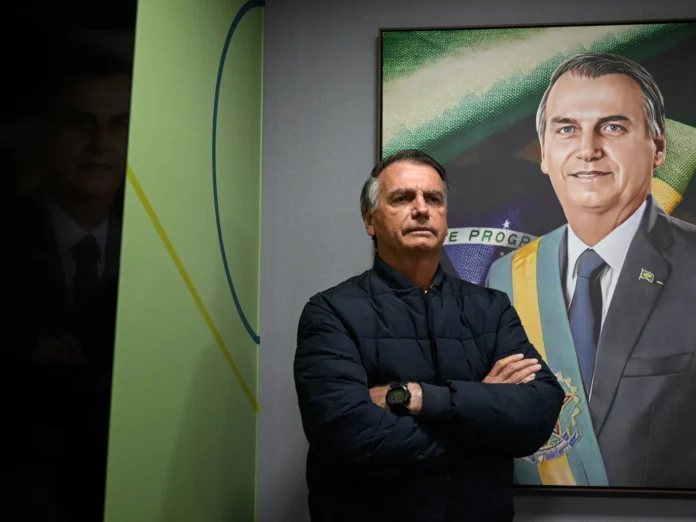The United States has announced visa restrictions against a Brazilian judge and his associates. This decision follows escalating tensions over the trial of former Brazilian President Jair Bolsonaro.
U.S. Secretary of State Marco Rubio revealed the sanctions during a press briefing on Thursday. The move comes after Brazil’s Supreme Court issued restraining orders and search warrants targeting Bolsonaro. Rubio condemned the court’s actions, calling them part of a political witch hunt.
As a result, the visa restrictions affect Justice Alexandre de Moraes, several Supreme Court allies, and their immediate families. In particular, Rubio emphasized that these measures aim to protect democratic freedoms and uphold freedom of expression.
Moreover, he pointed out that “President Trump made clear his administration will act against foreign nationals who censor protected speech in America.” According to Rubio, the court’s treatment of Bolsonaro represents an international threat to free expression. Consequently, he argued that this persecution has extended beyond Brazil’s borders and now affects American interests.
Meanwhile, the Brazilian Federal Police recently raided Bolsonaro’s home and placed an ankle monitor on him. Under the court’s new orders, Bolsonaro is now prohibited from contacting embassies, foreign officials, or using social media.
Furthermore, Justice Moraes accused Bolsonaro of attempting to enlist support from U.S. President Donald Trump. He also noted a concrete possibility that Bolsonaro might attempt to flee the country.
Trump swiftly responded by threatening a 50% tariff on Brazilian imports starting August 1. He also sent Bolsonaro a letter condemning the trial as politically motivated and unjust.
“This trial should end immediately,” Trump wrote. He expressed deep concern over what he called a political witch hunt.
Bolsonaro is accused of plotting a coup to block President Luiz Inácio Lula da Silva from taking office in 2023. Bolsonaro told Reuters that Trump’s criticisms may have triggered harsher legal actions against him.
Calling the court’s decision “cowardice,” Bolsonaro said wearing an ankle monitor made him feel humiliated. He denied plans to leave Brazil but expressed hope of meeting Trump if he regains access to his passport.
He also contacted the U.S. Embassy in Brazil about the tariff threats. His son, Eduardo Bolsonaro, a Brazilian congressman, has been lobbying in the U.S. on his behalf. Bolsonaro denied coordinating any lobbying efforts but said his son might seek U.S. citizenship.
The Supreme Court upheld the restrictions in a 5-judge ruling. Moraes defended the decision, accusing Bolsonaro of threatening Brazil’s sovereignty with foreign interference.
White House spokeswoman Anna Kelly reiterated Trump’s stance. “Bolsonaro and his supporters are under attack from a weaponized court system,” she said. The situation continues to draw global attention as both countries navigate the fallout from this diplomatic clash.
For more political updates, visit DC Brief.


